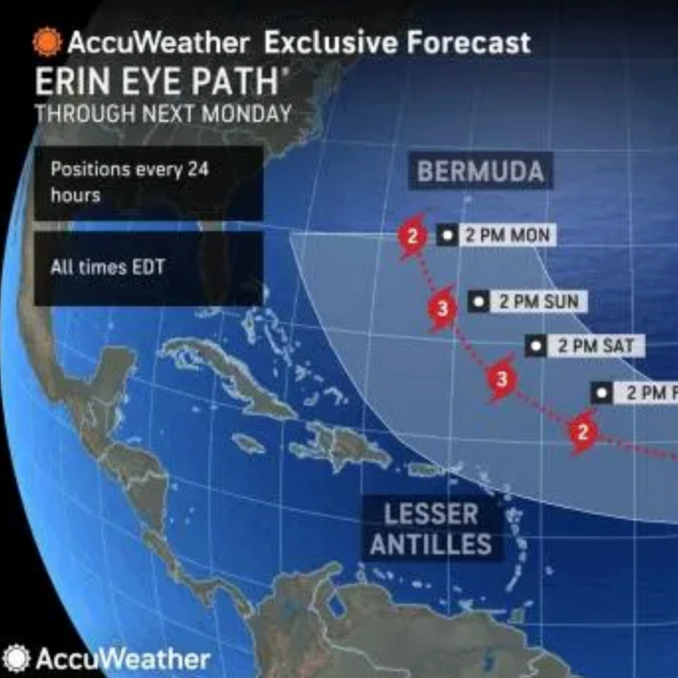Herald Square Holiday and Christmas Market Fire
This is a subtitle for your new post
The recent fire at the Herald Square Holiday Market in New York City has caused significant disruption and loss for local vendors and business owners. This unfortunate incident has not only destroyed valuable merchandise and property but has also impacted the livelihoods of small business owners during one of the busiest shopping seasons of the year. The video below discusses more about the fire and serves as a stark reminder of the risks associated with high-density retail spaces, particularly during the holiday season.
Eastern Public, LLC is actively supporting several vendors and business owners impacted by this event. Our efforts are focused on expediting their recovery by thoroughly assessing liabilities, identifying subrogation opportunities, evaluating damages, documenting losses, and collaborating with insurers and local authorities. As the community begins the rebuilding process, the resilience of New York City’s small business community continues to inspire us. We are honored to stand by New Yorkers, offering our expertise whenever disasters strike.
Eastern Public is a complete property insurance claims and risk management firm based in New York. With over 20 years of experience, we are licensed to serve clients in the greater New York City area and across the East Coast, including New York, New Jersey, Pennsylvania, Connecticut, Massachusetts, Vermont, Maine, Rhode Island, DC, Maryland, North Carolina, South Carolina, Kentucky, and Georgia. For 24/7 claims advice and service, contact us at (929) 999.4674 or info@EasternPublic.com .
Our Work
News & Press







